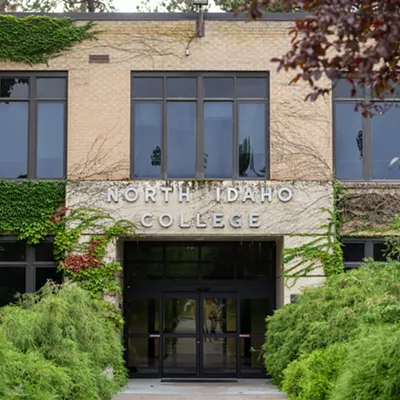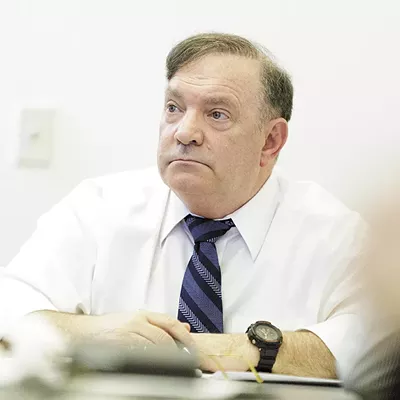
'KICK THE CAN'
Since the state Supreme Court ruled in 2012 that Washington was failing in its duty to amply FUND BASIC EDUCATION — a decision known as McCleary — justices have hit lawmakers with ongoing sanctions for failing to come up with a plan to fulfill the obligation.
Those include holding the legislature in contempt, and fining the state $100,000 per day until a plan is figured out.
But this year, the court decided there will be no more sanctions — at least for now. That's something that troubles perhaps the most outspoken critic of the state's failure to fully fund education: State Superintendent of Public Instruction Randy Dorn.
Dorn, in a statement, said that the court did little more than "kick the can" in its ruling. He said he was "disheartened" by the court, which he considered one of the few entities that understood the importance of the issue.
"But now I can count them as more leaders in this state who don't want to push the hard button to ensure equity in education for all students in Washington," Dorn said.
The legislature set a 2018 deadline for itself to comply with the McCleary decision. While lawmakers have added more than $2 billion to address aspects of McCleary so far, they have yet to fully provide funding for teacher and employee salaries. Several districts use local levies to help pay teacher salaries, but the court and Dorn argue that several property-rich school districts benefit from those levies, creating inequities in quality of education throughout the state.
The $100,000 per day fine will continue, the Supreme Court ruled, but even that penalty has not played out as expected. The court has directed that the penalty be held in a segregated account, but the legislature admits that no such account has been created, and no money for the fine was included in the 2015-17 operating budget.
Still, the court decided not to impose any further sanctions, even after Chief Justice Barbara Madsen's opinion last week argued that the state continues to put off fulfilling its obligation.
"The State continues to provide a promise — 'we'll get there next year' — rather than a concrete plan for how it will meet its paramount duty," she wrote. (WILSON CRISCIONE)
COUNCIL ROLLS SIXES
Perhaps it's not surprising that Spokane City Council President BEN STUCKART voted in favor of a resolution to support Initiative 1464, an initiative that, among other things, would allow Washington state residents to personally direct three $50 donations of taxpayer money toward certain political campaigns. After all, Stuckart is the prime sponsor of the initiative.
"I just want to point out that the unions are all opposed to 1464," Stuckart said. "As well as [political action committees]. As well as the business lobby, but the people are for campaign finance reform."
The resolution passed 6-1, with conservative Councilman Mike Fagan opposed to it.
The city council also passed a resolution 6-1 supporting Initiative 735, which pushes for the legislature to amend the constitution to overturn free-speech rights for corporations and clarify that money is not speech.
It aims particularly at the 2010 U.S. Supreme Court Citizens United decision, which eliminated the cap on corporate contributions, intending transparency to be a check on corporate spending. But without clear rules requiring donor disclosure, nonprofits funded by unknown donors have thrived since, donating increasingly large sums of so-called "dark money" to elections.
"I shouldn't have to say much more, because we should get it all out of politics," Stuckart says.
Finally, the council, again 6-1, endorsed the Spokane Transit Authority's Moving Forward ballot measure, which increases sales taxes in order to fund a slew of bus service improvements. (DANIEL WALTERS)




















